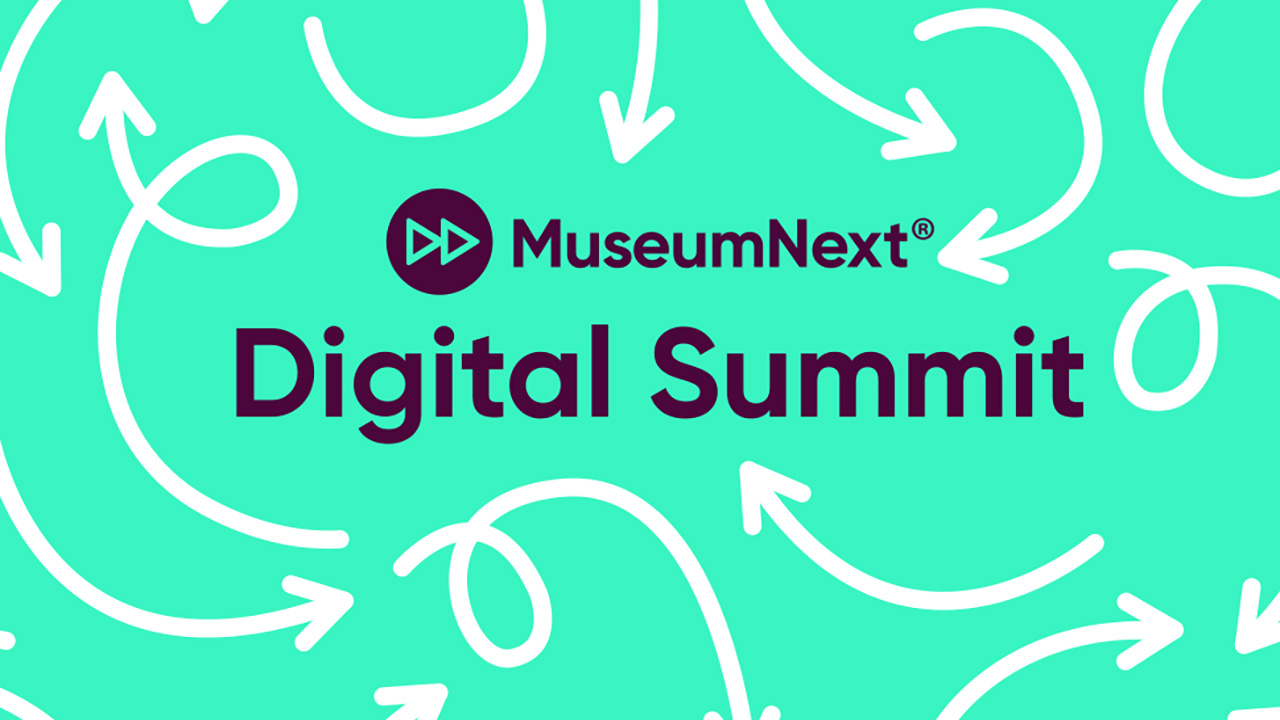Pre-2020, digital may have been but a speck on the horizon for some cultural institutions. The shattering effects of the pandemic in the past year, however, have directly forefronted museums’ need for digital strategies and presences beyond a lone website. Such a fundamental shift in digital approaches did not come without pain points and challenges, but ones that most organizations have met with nimble action and resilience.
“Museums are famously bureaucratic, moving incrementally,” writes Jim Richardson, founder of MuseumNext. “But we’ve shown that when faced with a crisis, we can quickly reorientate to take on challenges and find new ways to serve our audiences.”
In the wake of lockdown orders, museums have had to undergo digital transformations not limited to reassessing their resources, devising online programming, educating staff members, and launching social media accounts. The aim here was to stay relevant and engaged with audiences, though undergirding these efforts was the recognition that institutions could occupy more than physical spaces, that their doors remained very much open on any number of digital platforms.
This acute shift in the direction and priorities of cultural institutions forms the heart of the upcoming MuseumNext Digital Summit, taking place from February 22 to 26. In line with pandemic-era programming, the conference will be going virtual this year, and has roped in more than 60 speakers to discuss what the museum community has gleaned over a disruptive year and what’s in store for cultural institutions in a post-COVID climate. “The past year has seen a huge shift in how museums approach digital,” notes Richardson. “It’s no longer the responsibility of a handful of people.”
And the MuseumNext Digital Summit line-up reflects the urgent preoccupations of the museum sector over the past year. Sessions on livestreaming and virtual experiences are set to explore how institutions can amplify their content by going live, while talks on social media and civic engagement will tap museum professionals for insights on how to build and engage communities. Also in focus are the subjects of digital assets, online educational programming, and opportunities to monetize with digital.
Looking ahead to a post-pandemic landscape, digital technologies and the digital realm are bound to continue playing significant roles in shaping and reshaping museum experiences. The recent swell of AR initiatives, art x tech crossovers, and innovative social media activations evidences the ever-shifting plates in the museum sector, a willingness to adapt, and the fact that the digital tools are already at hand. Adds Richardson, “We now see that our systems are not immovable; change is not beyond us.”




